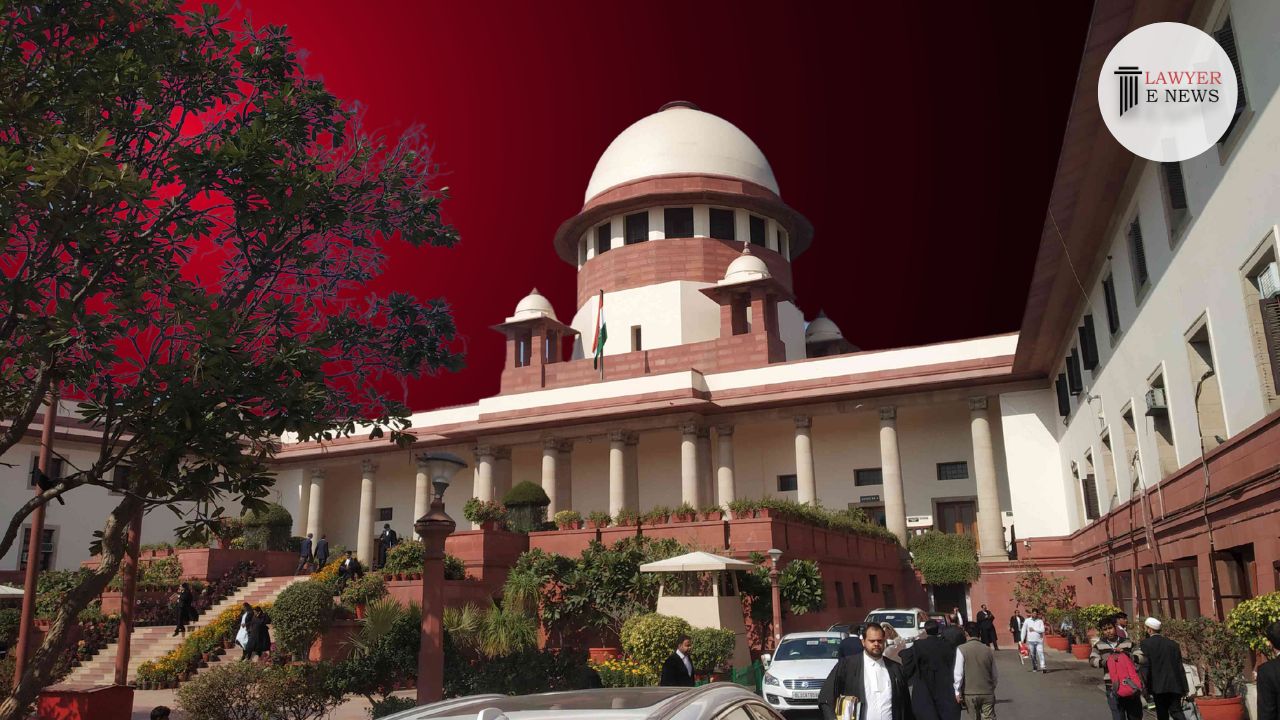-
by Admin
15 February 2026 5:01 PM



In a significant ruling, the Supreme Court of India, on 10th April 2024, upheld the life imprisonment sentences of three individuals convicted under Section 302 of the Indian Penal Code (IPC) for murder, following a violent family dispute that resulted in a homicide. The apex court dismissed the criminal appeal, stating that there was no provocation or threat from the deceased that could justify the brutal attack by the appellants.
The core legal issue addressed by the court was the applicability of Section 302 IPC in the context of intentional murder without justification such as self-defense. The appellants were also convicted under Sections 324 and 326 IPC for causing grievous hurt, which the High Court of Karnataka had previously upheld.
The incident leading to the legal battle occurred on February 18, 2009, when a family feud over the blocking of a pathway escalated into a fatal attack. The appellants, Subhash @ Subanna and others, were accused of violently assaulting Mahadevappa, resulting in his death. The appellants contested the charges, arguing that there was provocation from the deceased, and they were merely exercising their right to private defense.
The Supreme Court meticulously reviewed the evidence, including medical reports and eyewitness accounts. Key observations included:
Homicidal Death Established: The prosecution successfully demonstrated the homicidal nature of Mahadevappa's death through medical evidence and eyewitness testimony, despite the majority of neighbors turning hostile.
Rejection of Private Defense: The court found the appellants' claim of private defense untenable, noting the excessive force used without any immediate threat or provocation from the deceased.
Intention to Kill: Evidence suggested that the appellants had a clear intention to cause death or grievous injury, fulfilling the elements required for murder under Section 300 IPC.
The court heavily relied on precedents, including the principles outlined in Darshan Singh v. State of Punjab and Virsa Singh v. State of Punjab, to establish that the appellants' actions were disproportionate and exceeded the bounds of private defense.
Decision of the Judgment The Supreme Court dismissed the appeal, affirming the decisions of the lower courts. The appellants were directed to surrender and their bail was revoked.
Date of Decision: 10th April 2024
Subhash @ Subanna & Ors. Versus State of Karnataka,
